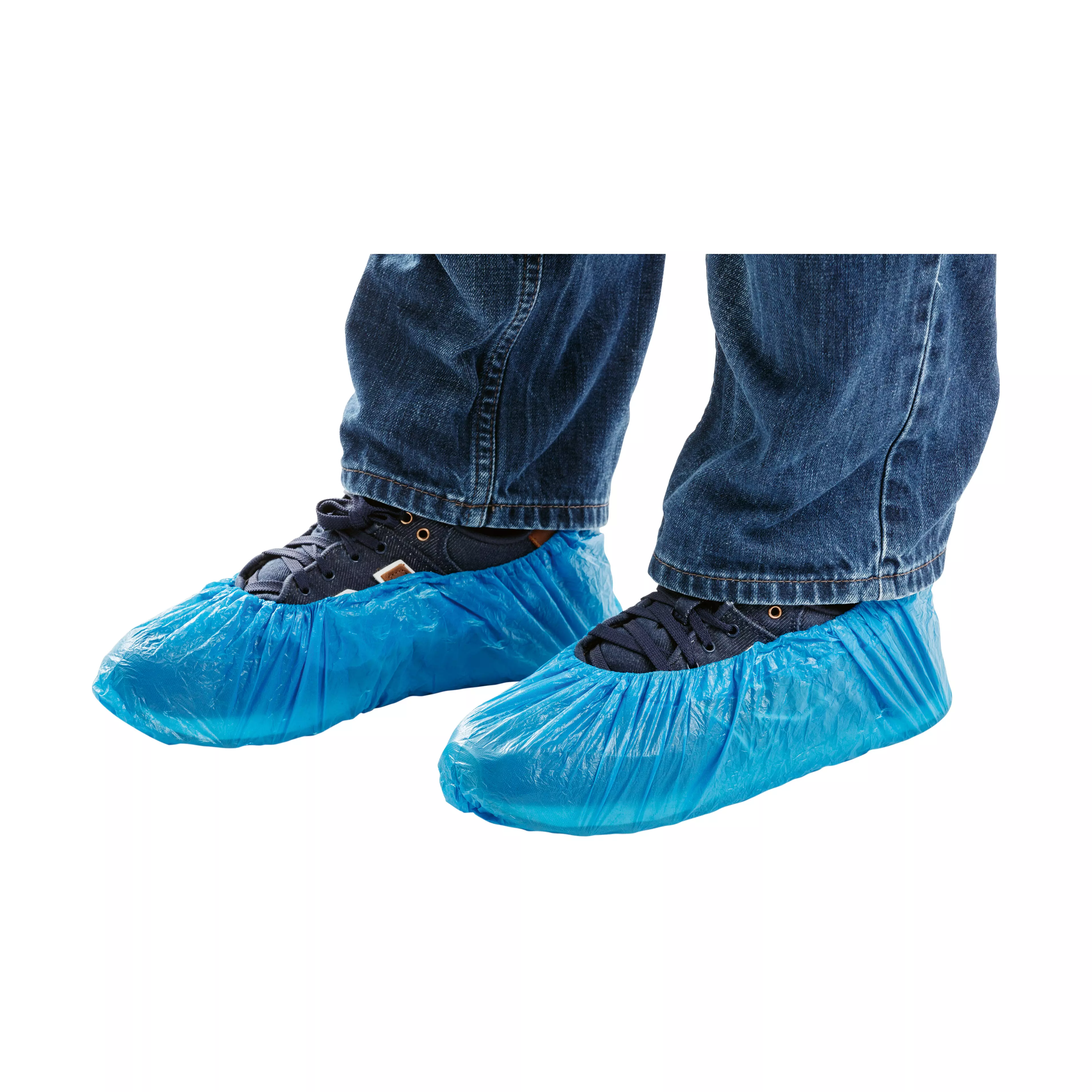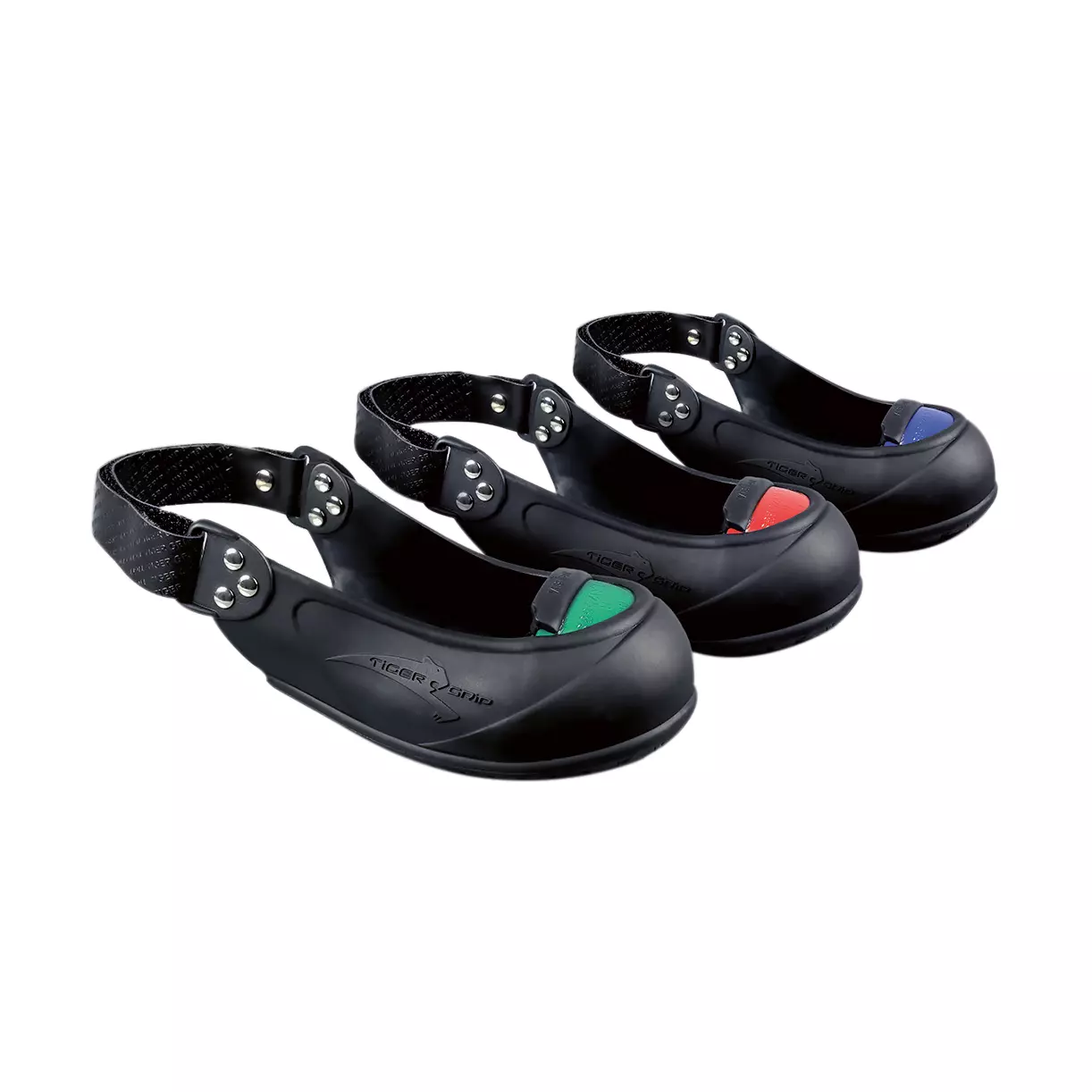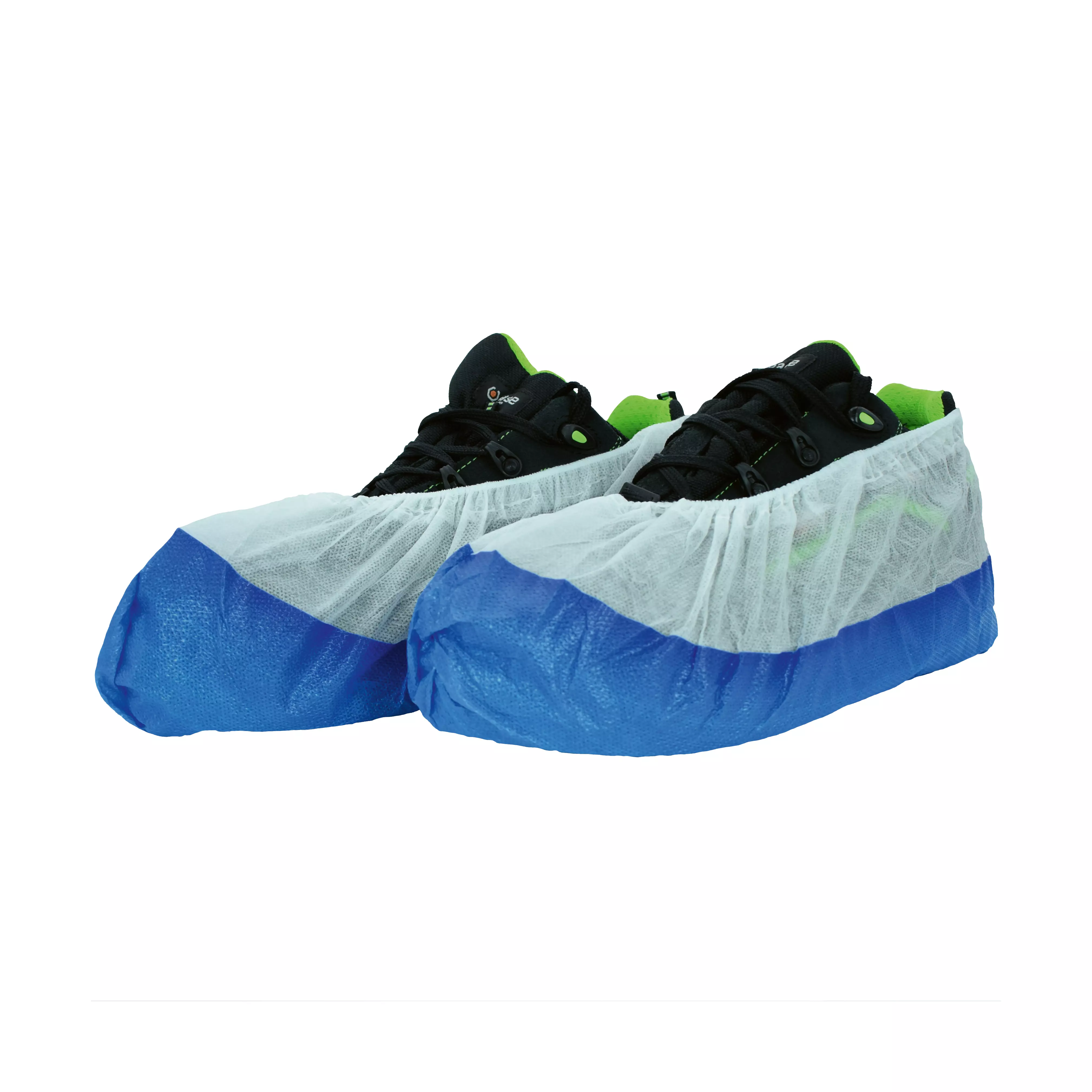Safety overshoes
Overshoes are essential when it comes to protecting sensitive floor coverings or protecting the wearer or other people from dirt, dust, viruses or hazardous substances.
At WERO, you can get overshoes and safety overshoes for different applications and reliable protection. We have the right solution for your industry.
Content: 100 piece (€0.11* / 1 piece)
Available, delivery time: 1-3 days
Available, delivery time: 1-3 days
Content: 50 piece (€0.25* / 1 piece)
Available, delivery time: 1-3 days
Where are shoe covers used?
Shoe covers are used in various industries and areas of application. We have listed a few examples below:
- In particularly sensitive work areas, such as the food industry, catering, care and operating theatres
- For fitters and tradespeople in customer service to prevent soiling of the home or building
- In packaging companies
- When inspecting properties, boats or caravans
What types of shoe covers are there?
A basic distinction is made between disposable shoe covers and reusable shoe covers. There are also models for damp, slippery or greasy surfaces that have an anti-slip sole for additional grip . Depending on the nature of the floor, streak-free overshoes are particularly important. The right products and the necessary durability depend on the respective area of application. We will be happy to advise you on the choice of a suitable model.
What features should shoe covers have?
The disposable overshoes from WERO impress with the following features:
|
Overshoes with elasticated strap (link) |
Overshoes with extra-strong non-slip sole |
|
Safe for use in the food sector |
Water-repellent |
|
High elasticity |
High stretchability |
|
Water-repellent |
Non-slip and particularly hard-wearing |
|
All-round latex rubber band for a secure hold |
With all-round fastening tape |
|
Free from formaldehyde |
Free from formaldehyde |
When is it compulsory to wear shoe covers?
According to Section 5 of the Occupational Health and Safety Act (ArbSchG), the employer determines in the risk assessment which employees must be provided with personal protective equipment. DGUV 112-991 also emphasises the importance of risk assessment in the area of foot and knee protection. This depends on the type and extent of the hazard, the duration of the hazard and the personal requirements of the employees.



